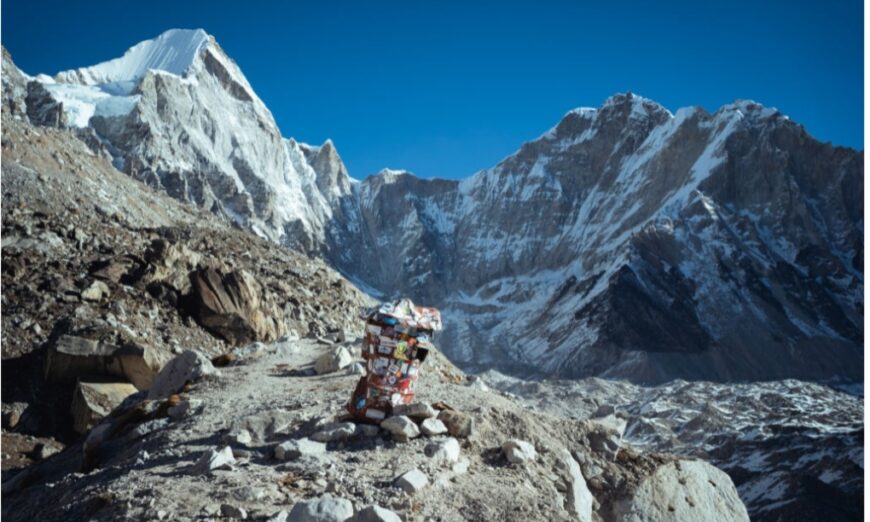Kancha Sherpa, the last living member of the historic 1953 Everest expedition led by Sir Edmund Hillary and Tenzing Norgay, passed away at his residence in Kathmandu at the age of 92.
According to his family, Ang Phurba ‘Kancha’ Sherpa breathed his last around 2 a.m. on Thursday. He had spent his final days in his ancestral home in Namche Bazaar, often referred to as the gateway to Everest.
“We are deeply saddened by the passing of Kancha Sherpa, the last surviving member of the first successful summit of Mount Everest in 1953.
His loss leaves an irreplaceable void in Nepal’s mountaineering history,” said Phur Gyalje Sherpa, President of the Nepal Mountaineering Association (NMA).
Born in 1932 in Namche, Kancha Sherpa began his mountaineering journey at the age of 19 after leaving home for Darjeeling in search of work.
There, he met Tenzing Norgay, who recognised him as the son of a fellow mountaineer from a previous expedition. With Tenzing’s encouragement, Kancha joined Hillary’s 1953 Everest team as one of 103 Sherpas, earning five rupees a day.
Although he did not reach the summit, Kancha played a vital role in the expedition, climbing as far as the South Summit — the final camp before the peak.
He continued working on various expeditions until 1973 before retiring at his wife’s request, later guiding trekking groups across the Himalayas.
In a 2020 interview with Nepal’s state news agency, Kancha had fondly recalled the early days of the 1953 climb, describing how the team trekked for days through rough terrain without roads or hotels, surviving on roasted corn.
He also recounted how they cut pine trees from Namche to build a makeshift bridge across a massive crevasse in the Khumbu Icefall — a moment that remains part of mountaineering legend.
Reflecting on the moment Hillary and Tenzing reached the summit on May 29, 1953, Kancha said, “We danced, hugged, and kissed. It was a moment of pure joy.”
For his role in the expedition, he was paid eight rupees a day — a modest sum that belied the magnitude of his contribution to one of humanity’s greatest achievements.

